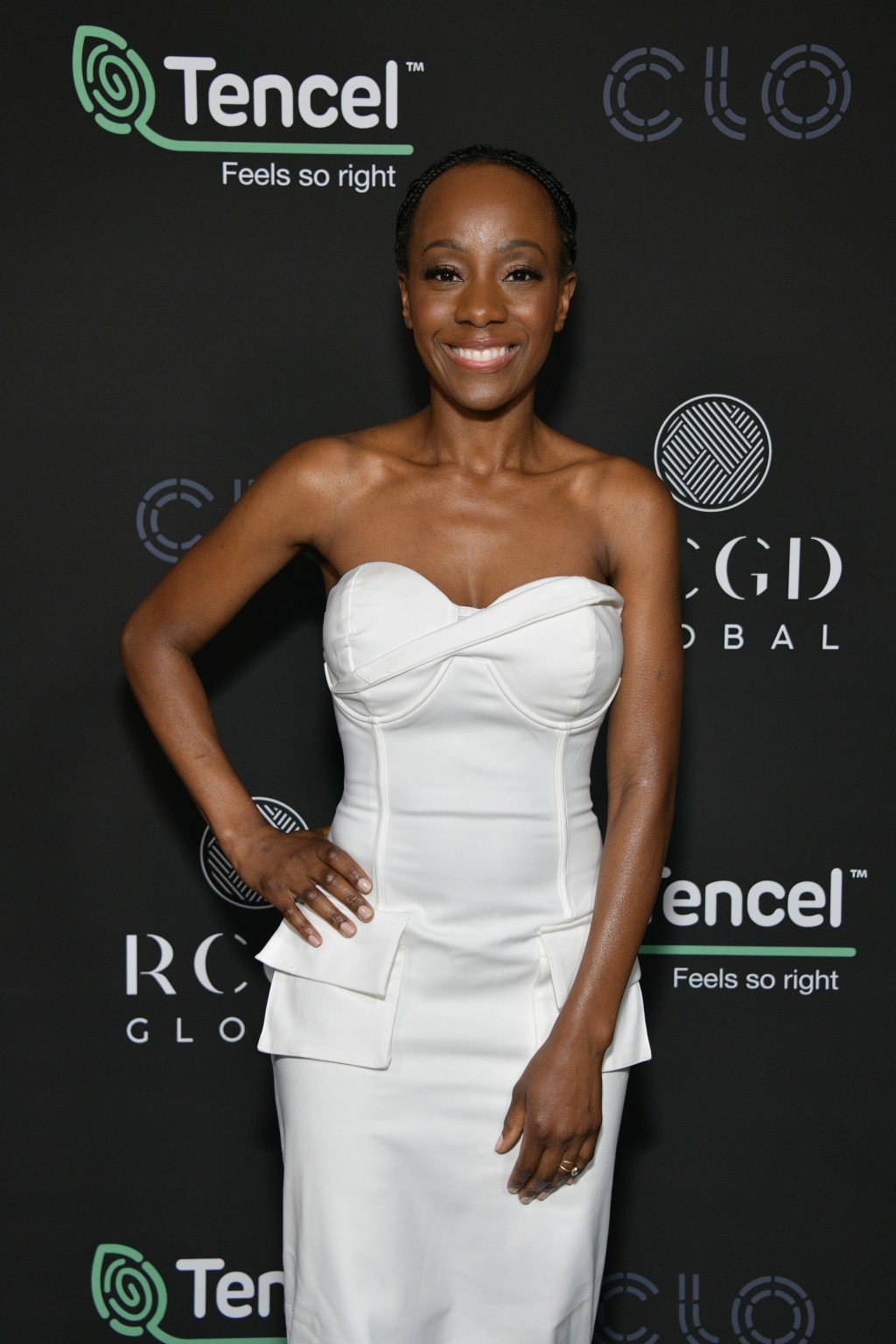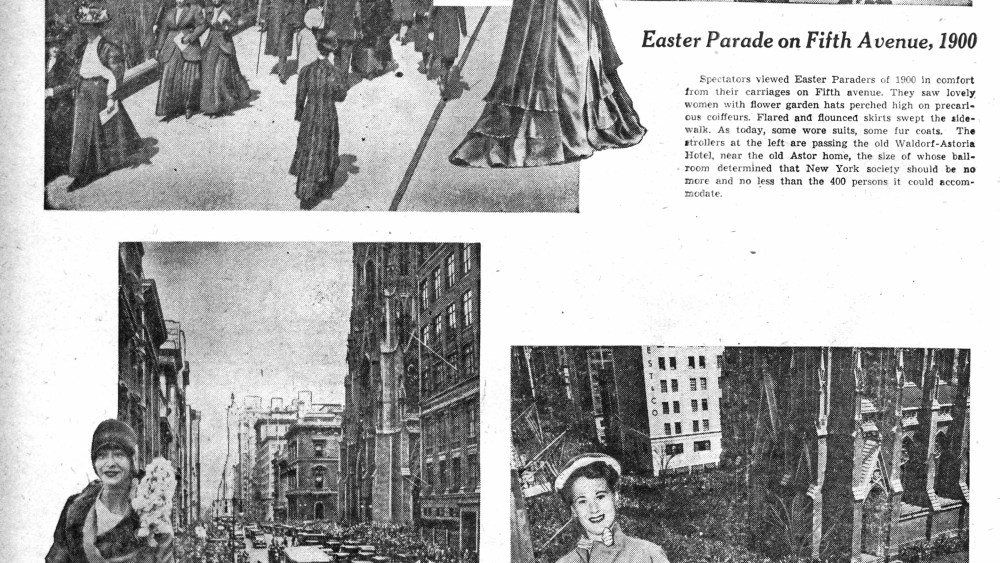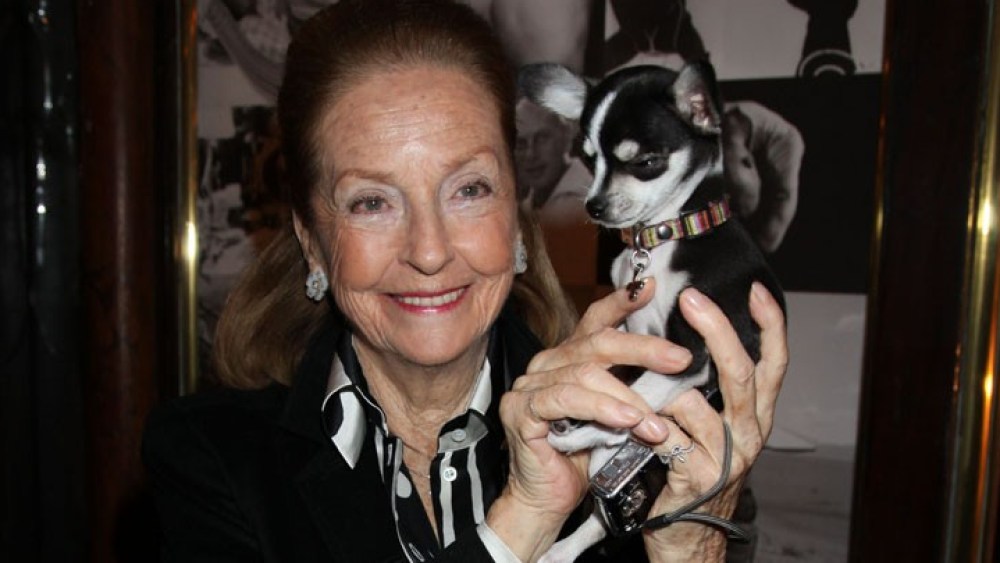Samata Pattinson is striking out on her own after 11 years as chief executive officer of Suzy Amis Cameron’s Red Carpet Green Dress, where she helped bring sustainability into the fashion conversation at the Academy Awards alongside talent ambassadors Billie Eilish, LaKeith Stanfield, Marlee Matlin and Naomi Harris, wearing sustainable looks by Louis Vuitton, Elie Saab, Christian Siriano and Vivienne Westwood, among others.
The British-born Ghanaian entrepreneur has launched Black Pearl, a “cultural sustainability” organization that will provide content, insights and services to the fashion and entertainment industries, as well as launching its own educational resources, reports and projects.
“The work I’ve been doing around sustainability has really focused predominantly on the luxury red carpet space. And I’m really proud of all of the projects and all of the initiatives I’ve been involved with and also the community that I’ve built. But the last year or two, there were things I wanted to be developing that looked at sustainability more through a creators’ lens, a Black perspective or a Black woman’s perspective,” she told WWD of what will guide the mission of Black Pearl. “We recognize that the fashion industry and music and film have all these global touch points and what we’re creating needs to be culturally sensitive to as many of them as possible.”
Already, Pattinson has animated short films, a documentary and a TV series in development storytelling sustainability in different ways, and she is working on a curriculum that covers sustainable fashion from a Global South perspective.
Pattinson helped program Eilish’s Overheated Live event in September and will work with other artists on similar projects, she said, citing the band Coldplay’s sustainability report as an example of what those could be. She will also provide services to artists looking to design and manufacture more sustainable merchandise.
Black Pearl will be based in Los Angeles. “It makes sense when I look at things like the new Fashion Act, which is coming out of New York, the conversations we’re having about material innovation in L.A., or the platforms that are spotlighting sustainability here like the Environmental Media Association. And every other weekend there’s a screening or a talk about the kind of plastic in the ocean in Malibu.…But I know it’s a bubble, which is why I’m trying to make sure that within these spaces, what we’re putting out to the world is representing more people.”
To that end, she is developing a framework for cultural sustainability, which creative industries will be able to look at their projects and determine if they are meeting the needs of a diverse and representative community of people.
“How are we making sure that we’re respecting their intellectual property rights? How are we making sure that these groups are not marginalized? How are we making sure that when we launch this campaign, we are not completely torn apart because of the messaging that we’ve used or the use of the symbol that had this inherent meaning and we didn’t remunerate anyone for it? We want to give the tools to these industries to safeguard themselves properly and make sure that they aren’t trespassing culturally,” she said. “There’s plenty of frameworks for carbon assessments to impact on global waters, but not one that touches on culture.”
Reflecting on RCGD, Pattinson said, one of her proudest achievements was getting Westwood on board, and continuing to correspond with her through cards sent “in five times used envelopes.” Another was writing the sustainable style code for the Oscars that came out earlier this year.
Will the organization go on? “I’m not sure,” said Pattinson, who has worked with RCGD since becoming the student designer winner of the Red Carpet Green Dress contest in 2011, adding that she hopes her work “stands the test of time.”



